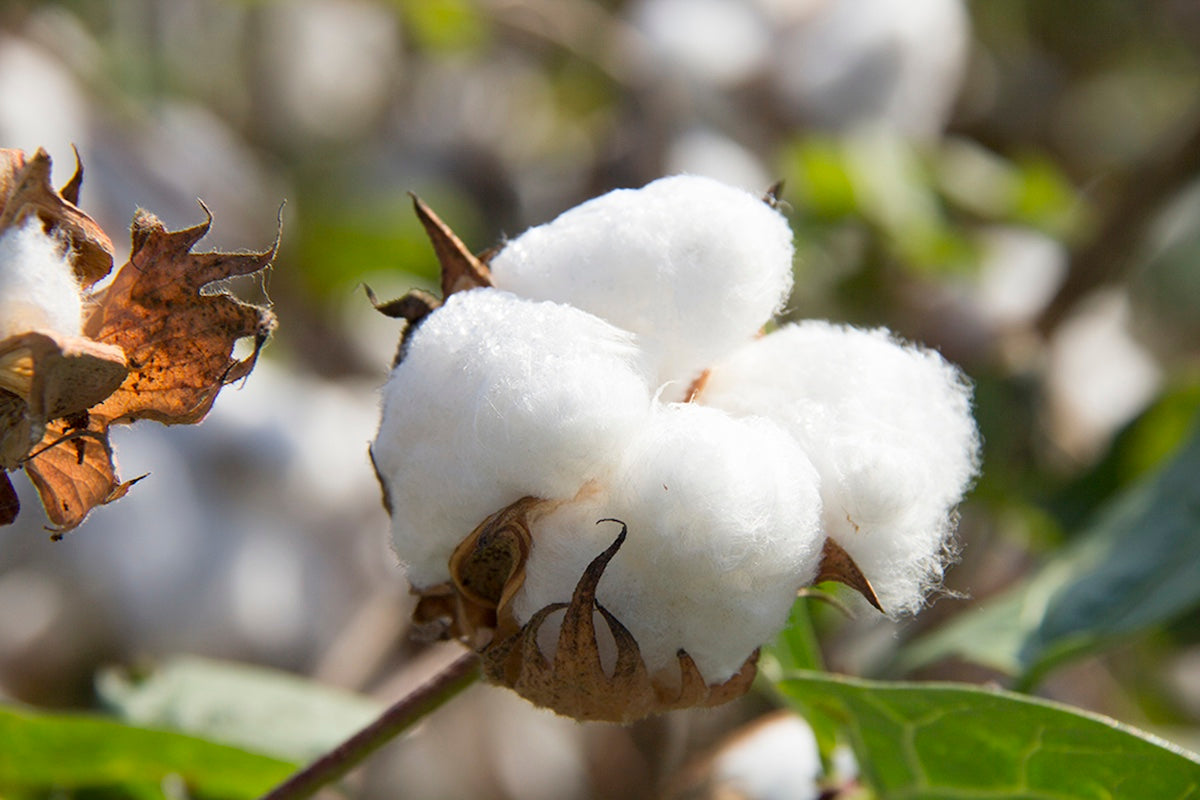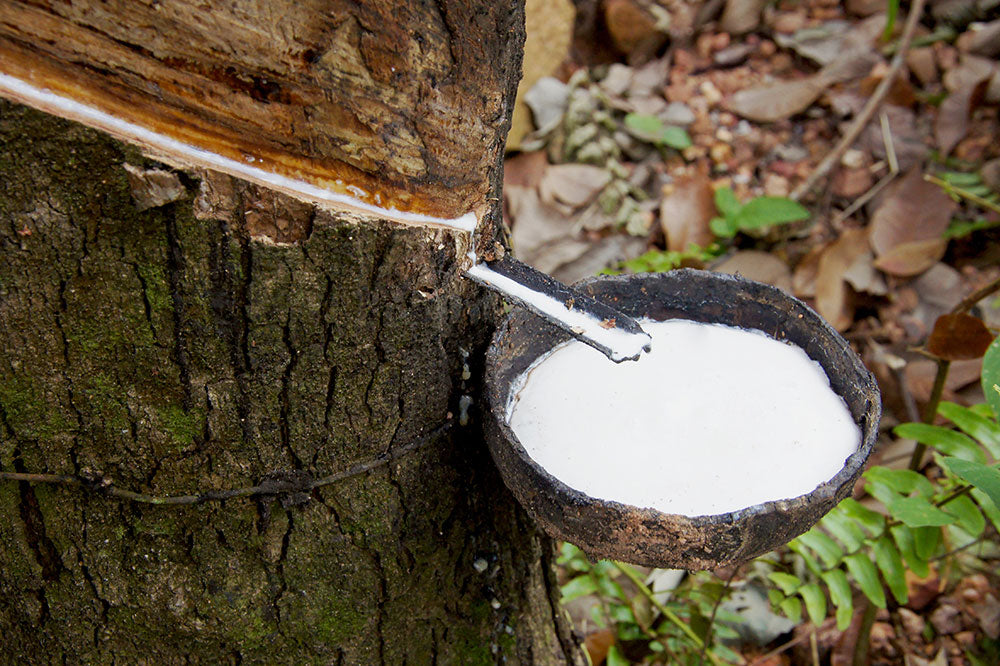
Currents
The human, nature connection and the impact of consumer choice
The human-nature connection recognizes that we are an integral part of the natural world, and that our actions directly affect the environment. The organic movement highlights the importance of nurturing this relationship by encouraging us to make choices that reduce our environmental impact and foster harmony with nature. This includes opting for organic products, which are cultivated and processed more naturally, in ways that promote biodiversity, global social equity, and the overall health of the planet. By embracing organic practices, we can contribute to a more sustainable and balanced coexistence between humans and the environment.
Content

Sustainable Forest Management
Both sustainable forest management and organic standards support the responsible use and management of resources to promote environmental health and long-term sustainability.
Sustainable Forest Management
Both sustainable forest management and organic standards support the responsible use and management of resources to promote environmental health and long-term sustainability.

Sustainability through Organic Standards
By supporting organic agriculture, and choosing certified organic products over conventional, we help build a healthier and more sustainable world for present and future generations.
Sustainability through Organic Standards
By supporting organic agriculture, and choosing certified organic products over conventional, we help build a healthier and more sustainable world for present and future generations.

The Benefits of Low-Impact Textile Dyes
By choosing textiles that are dyed with GOTS approved low-impact dyes, consumers can support a more sustainable and environmentally responsible future.
The Benefits of Low-Impact Textile Dyes
By choosing textiles that are dyed with GOTS approved low-impact dyes, consumers can support a more sustainable and environmentally responsible future.

Organic and the Principles of Ecology
Both ecology and organic aim to promote a sustainable and harmonious relationship between humans and the environment.
Organic and the Principles of Ecology
Both ecology and organic aim to promote a sustainable and harmonious relationship between humans and the environment.

Fair Labor and Global Social Equity
By choosing GOTS-certified organic products, consumers can support a more sustainable and equitable future for workers and communities in the textile industry.
Fair Labor and Global Social Equity
By choosing GOTS-certified organic products, consumers can support a more sustainable and equitable future for workers and communities in the textile industry.

Regenerative Practices in Organic Farming
Regenerative agriculture is a holistic approach to farming that focuses on improving soil health and promoting biodiversity.
Regenerative Practices in Organic Farming
Regenerative agriculture is a holistic approach to farming that focuses on improving soil health and promoting biodiversity.
Organic Standards: Promoting Sustainability, Positive Ecological Impact and Social Responsibility
The Global Organic Textile Standard (GOTS) and certified organic latex standards promote ecology and social responsibility in the textile and latex industries through strict environmental and labor standards. Choosing products that meet these standards supports a more sustainable and responsible future.

Global Organic Textile Standard
The Global Organic Textile Standard (GOTS) promotes ecology and social responsibility in the production of organic fibers and textiles by setting environmental and labor standards that must be met along the entire supply chain. This includes stringent requirements to restrict certain chemicals, preservation of biodiversity, and fair treatment of workers. The GOTS certification ensures that consumers can purchase organic textiles with confidence that they have been produced in a sustainable and responsible manner.

Certified Organic Latex Standards
Certified organic latex standards promote ecology and social responsibility in the production of organic latex by setting strict guidelines for the organic certification of latex products. These guidelines include requirements for sustainable and responsible farming practices, fair labor conditions, and reduced environmental impact.

